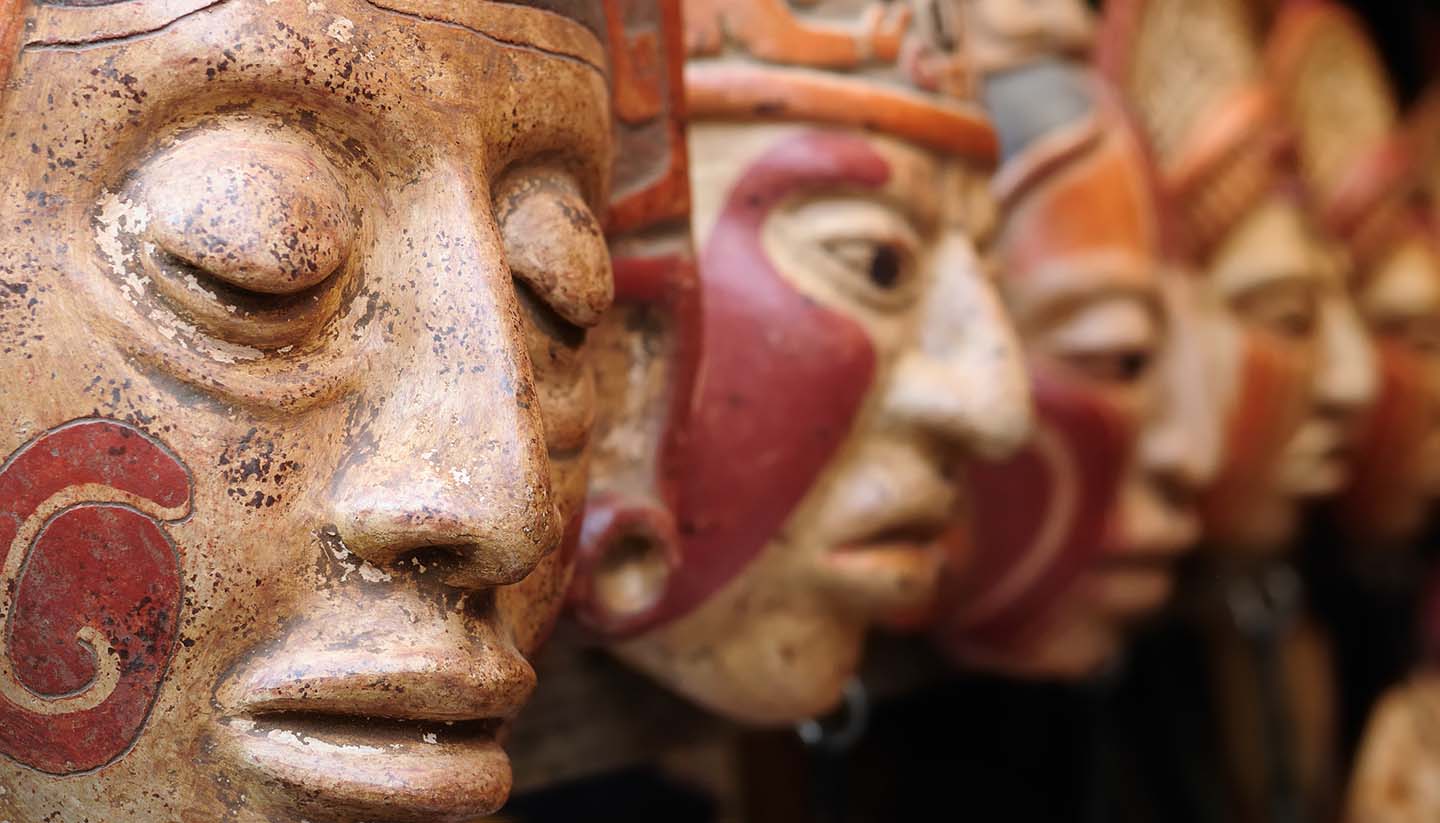Money and duty free for Guatemala
Currency and Money
Currency information
Quetzal (GTQ; symbol Q), named after the national bird of paradise. Notes are in denominations of Q200, 100, 50, 20, 10, 5 and 1. Coins are in denominations of Q1, and 50, 25, 10, 5 and 1 centavos. US dollars are widely used.
Credit cards
American Express and Visa are accepted, whilst Diners Club and MasterCard have a more limited acceptance. ATMs are common throughout the country.
ATM
ATMs are common throughout the country, although care should be taken as there are frequent scams and robberies. It is best to use ATMs inside banks and shopping centres.
Travellers cheques
Accepted by most banks and good hotels, although visitors may experience occasional problems. To avoid additional exchange rate charges, travellers are advised to take traveller's cheques in US Dollars.
Banking hours
Opening times vary, but generally Mon-Fri 0900-1900; Sat 0900-1300.
Currency restrictions
There are no restrictions on the import and export of either foreign or local currency in cash, objects and precious metals. However, amounts of over US$10,000 must be declared upon arrival and departure.
Currency exchange
The Quetzal is extremely difficult to obtain outside Guatemala or exchange after leaving Guatemala, and visitors are strongly advised to exchange local currency before departure. It may be difficult to negotiate notes which are torn. Unused local currency can be exchanged at the bank at the airport.
Guatemala duty free
Overview
The following goods may be imported into Guatemala by travellers without incurring customs duty:
• 500g of tobacco in any form (18 years and older).
• 5L of alcoholic beverages (18 years and older).
• 2kg of confectionery.
• Gifts and goods other than luggage up to the value of US$500.
Banned Imports
Special permits are required for some fresh foods like meat, fish, vegetables, fruit, dairy items and their byproducts, along with ammunition weapons, and certain chemical products.
You are not allowed to import pornographic media or literature.
Plants must be accompanied by phytosanitary certificates.
Banned Exports
Fruits and vegetables, Mayan artefacts (unless purchased at reputable stores with a certificate) and any products made from endangered species.



